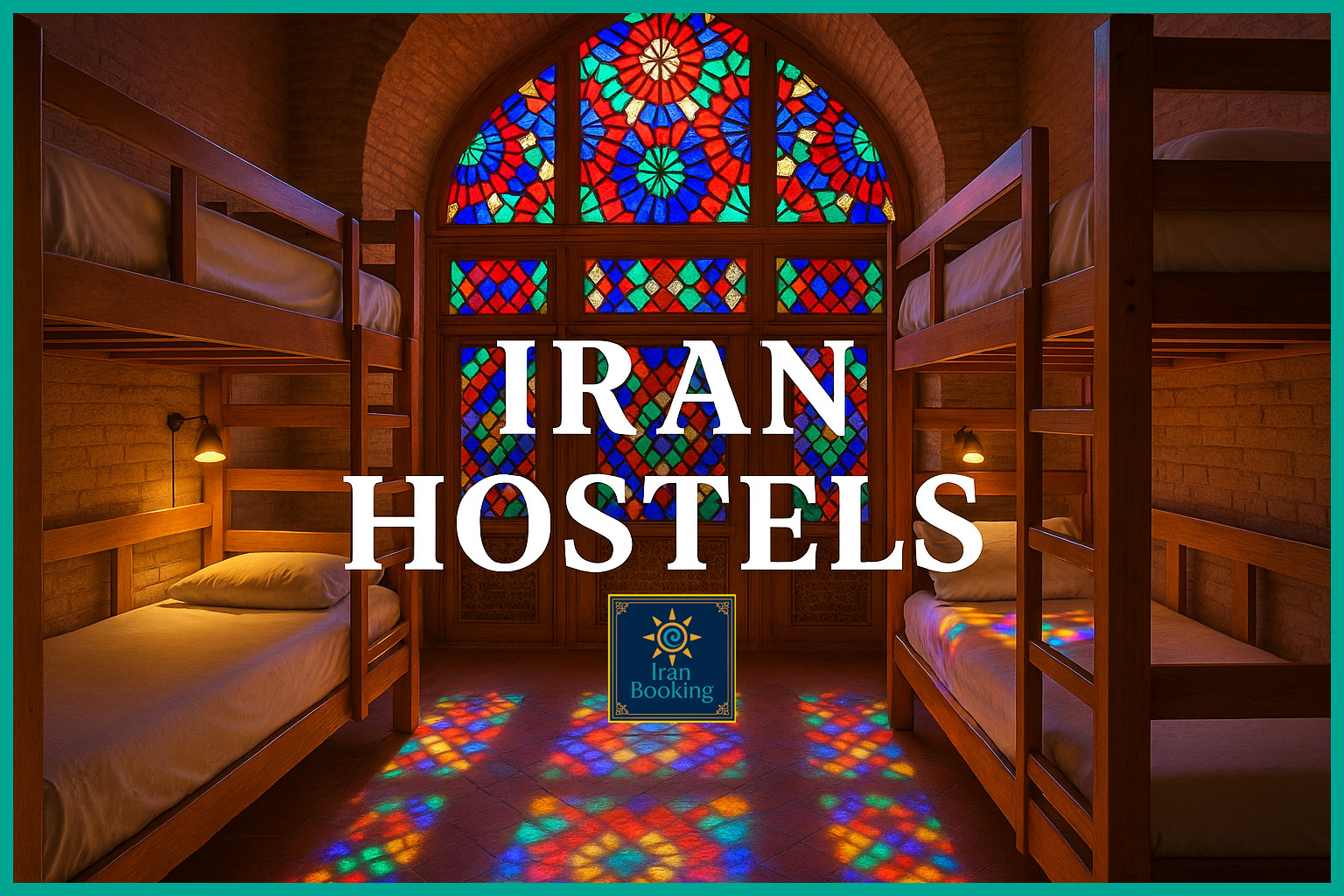

Although the country itself is called Iran (formerly known as Persia), the official language is called Farsi. Farsi is spoken not just in Iran, but also as a dialect in Afghanistan, Tajikistan, Azerbaijan and even in some parts of Russia. Due to the migration of thousands of war-stricken Afghans, Farsi speaking communities can be found in Europe and the USA as well. These days about 70 Million people speak Farsi as their native language, with about 50 Millions of them living in Iran. Another 50 Million people speak Farsi as a second language. With Iran becoming more popular, more and more interested people come to Iran to learn Farsi.
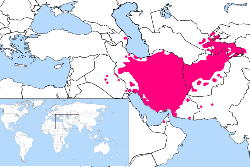
Farsi, also formerly known as “Persian Language”, falls in the Indo-Iranian branch of Indo-European languages and is the descendant of the Old Persian language. Contrary to people in countries like Egypt that lost their native language almost completely after the Muslim Conquest. People in Iran (Persians) kept their language after the invasion of Arabs, but took some Arabic, Turkish and even French words into their daily language usage. The word Persian itself comes from the name of the capital of the Achaemenid Empire, Persis (today known as Persepolis in Iran). The Persians themselves used the word Parsi to refer to their own language, but since the Arabs didn’t have the letter “P” in their alphabet, they renamed it to “Farsi”.
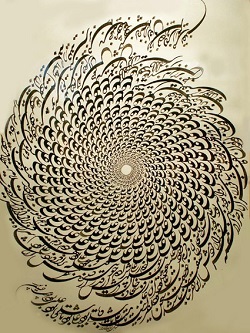
As far as writing is concerned, the Persian alphabet is a modified version of the Arabic alphabet. It is written and read from right to the left and all the books start from what western countries would say is the end of a book. Just like in other languages they use vowels and consonants. But vowels are only spoken, they are not used in the written form which is really confusing. One word can be read in different ways and it can therefore have different meanings. To make it even more confusing, the written form of Farsi and the way people speak are very different. There is the "speaking-like-a-book" Farsi and the "street-talking" Farsi, which makes it difficult for foreigners to learn the language.
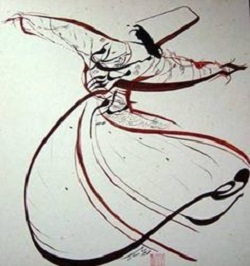
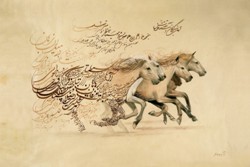
The Persian language has seen some great poets in the past who significantly influenced the Persian language and shaped the Farsi that is spoken today. Poets such as Hafez, Rumi or Ferdowsi are famous all around the world and are worshiped by modern Iranians. Their books can be found in many Iranian households and their tombs are frequently visited by people. One of the most well-known books in the western countries is probably the book of "One Thousand and One Nights" or "Arabian Nights". This collection of Middle Eastern and South-Asian stories was originally written in Farsi before it got translated into many other languages.
1 Comment(s)
|
|||
Comments and Reviews |
|||
|